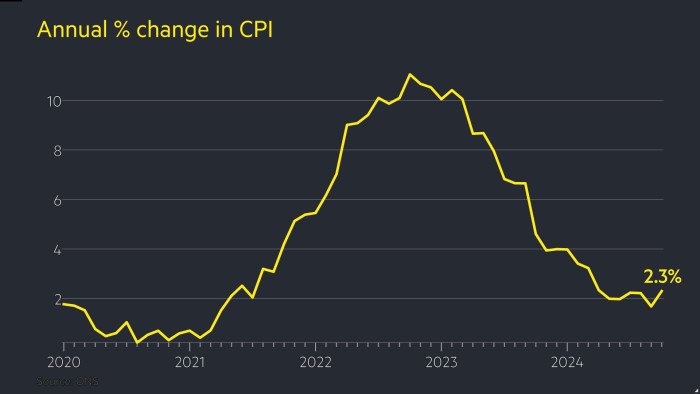The tech sector should brace for further turbulence
Unlock the Editor’s Digest for free
Roula Khalaf, Editor of the FT, selects her favourite stories in this weekly newsletter.
Whatever happened to the rotation out of tech stocks? Through large parts of July and August, Wall Street investors seemed to be shaking off their addiction to a handful of big tech companies that had underpinned the market’s rise.
As the mood teetered between fears of a sharper downturn and resurgent inflation, the view gained ground that Big Tech valuations were overstretched and it was time to make way for other sectors that tend to perform better in a weakening economy. A change of heart over AI sharpened the worries, as the massive boom in new AI chips and other equipment far outpaced current demand.
Yet as many tech companies prepare to release their latest quarterly earnings, tech is back at or close to record highs. Wall Street has rediscovered its fixation with the so-called Magnificent Seven. The AI wobbles have been put safely back in the closet.
If that makes tech valuations start to look overstretched again and vulnerable to disappointing earnings news, then the whiplash that hit the chip sector this week should serve as a timely warning.
A surprising slump in orders at ASML, the Dutch chip making equipment, hammered the wider sector on Tuesday. This had nothing to do with AI. Rather, weaker consumer spending on things like smartphones, gaming consoles and electric vehicles was weighing on demand.
Less than 48 hours later, however, TSMC, which dominates the chip manufacturing business, had a very different story to tell. The Taiwanese producer is partly benefiting from the struggles of the other leading manufacturers, Intel and Samsung, but still claimed that most end-markets for its products were strong. And when it came to AI, the message from CEO CC Wei was reassuring: “The demand is real . . . and will continue for many years.”
The chip sector is prone to big, short-term swings in demand. Whatever the long term secular shifts that are making its products more central to everyday life, it remains highly cyclical.
Chips these days also account for a much bigger share of the tech pie. The Philadelphia semiconductor index is up around 220 per cent in the past five years, handily outpacing the 128 per cent rise in the Nasdaq Composite. That has brought a greater degree of fragility for tech investors overall.
The mixed signals in the chip supply chain come as hopes are running high at the start of tech earnings season. Revenues for the Magnificent Seven are expected to top $2tn for the first time this year, with growth accelerating by two points to 13 per cent. Wall Street analysts have pencilled in another 13 per cent advance for next year, confident that a handful of proven winners can continue to gain market share.
This feels very much like the set-up for the last earnings season three months ago. It didn’t go so well back then.
Of those seven, only Meta came out comfortably ahead in stock market terms, while Apple edged up 1 per cent. For the others, the picture was best summed up by Alphabet and Amazon. The demand for cloud computing services, which support the digital activity of many businesses, has recovered from a post-pandemic lull. But with mixed signals in online shopping and advertising hinting at shaky consumer confidence, the stock prices of both companies fell heavily.
Small cracks also appeared for the first time in Nvidia’s headlong growth. These hardly looked significant — the slightest of dips in gross profit margin and a glitch in the design of the packaging used for its forthcoming Blackwell chips. But they were the catalyst for an 18 per cent slide in its stock price in early September, and a reminder of how little room there is for disappointment.
By early Thursday this week, Nvidia’s shares reached a new record. And once again, earnings season will test the biggest question facing tech stocks — are investors prepared to look past the slow uptake of AI this year, keeping their eyes fixed instead on 2025 and beyond?
The lack of a “killer app” to drive wider use of AI among consumers hasn’t prevented Apple’s shares edging close to a record following its clever rebranding of AI as Apple Intelligence.
And in the business world, companies like Microsoft say they are building facilities as fast as they can to keep up with big customers who want to experiment with the technology, even though most haven’t yet found compelling uses for it.
As long as the big tech companies claim to see enough AI demand to maintain their frenzied pace of capital spending, Wall Street may hold its nerve. But any crack in that confidence would be devastating.
richard.waters@ft.com
, #tech #sector #brace #turbulence

